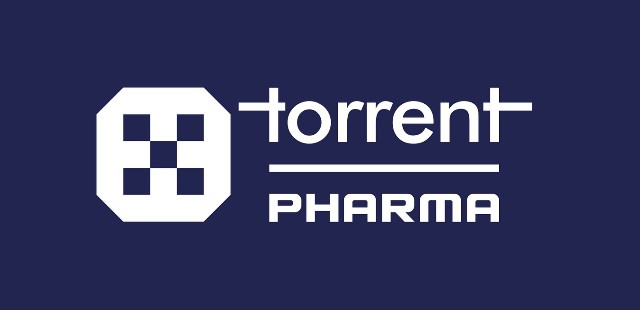
Torrent Pharma’s key strengths include a strong domestic market presence, ranking among the top pharmaceutical companies in India, with a well-established portfolio in its core therapeutic areas. Its manufacturing capabilities are supported by multiple facilities in India, some of which have received US FDA approvals, facilitating its presence in regulated markets. The company also emphasizes research and development, aiming for new product launches and expanding its presence in various therapeutic segments, including diabetology, oncology, and women’s healthcare.
Growth strategies for Torrent Pharma involve a multi-pronged approach. Organically, the company focuses on expanding its field force to enhance market penetration, building its consumer healthcare segment, and continuously launching new products across its key therapeutic areas. Geographically, it aims to deepen its presence in existing international markets and selectively enter new ones. Inorganic growth through strategic acquisitions remains a crucial part of its strategy, allowing for faster expansion and access to new markets or therapeutic areas. Furthermore, Torrent Pharma is increasingly emphasizing operational efficiency and cost management to improve profitability and strengthen its financial profile, which is characterized by healthy profitability, robust credit metrics, and strong liquidity. The company is also focusing on reducing debt and improving return ratios, supported by strong cash generation. Sustainability is also becoming an integral part of Torrent Pharma’s business strategy, with a focus on environmental responsibility and social impact.
Latest News on Torrent Pharma
No Results Found
The page you requested could not be found. Try refining your search, or use the navigation above to locate the post.
Stock Market Updates for Torrent Pharma
Recent Updates
No Results Found
The page you requested could not be found. Try refining your search, or use the navigation above to locate the post.